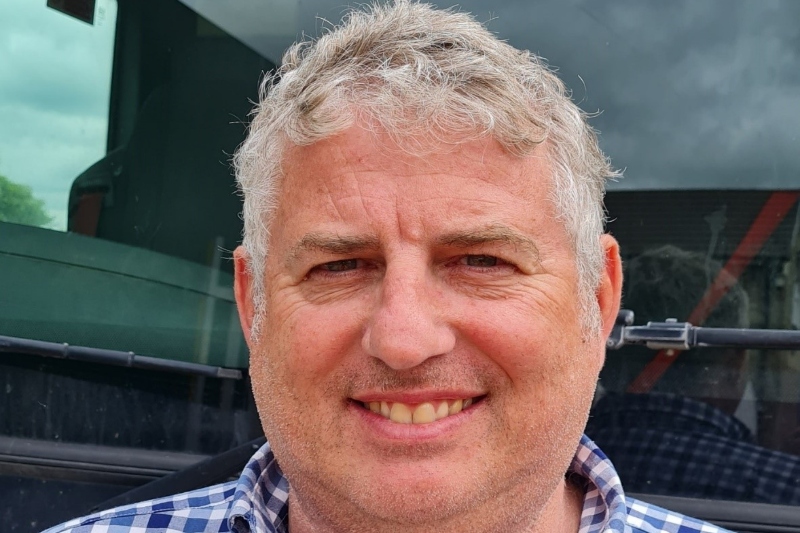For our series of interviews with transport managers, LAPV talked to Oliver Faiers, corporate manager for recycling, waste, and fleet at Babergh and Mid Suffolk District Councils, to learn more about the local authorities’ shared fleet.


What is the size and makeup of your fleet?
We have over 100 vehicles including refuse collection vehicles, mechanical sweepers, tippers, and vans.
How many depots and workshops do you have?
There are three depots based in Stowmarket, Sudbury, and Wenham, and one workshop based in Sudbury.
What are the main services you deliver to the public?
We’re mostly responsible for refuse and recycling collections, street cleansing, grounds maintenance, housing repairs and maintenance.
What trends and developments have you seen over the last couple of years?
The growing trends I have noticed are the move towards alternative fuels and global supply chain pressures.
What are your main drivers as a fleet manager?
Best value and sustainability.
What role does sustainability play in your operation?
A very important one, as it affects and is factored into everything we do, with the councils aiming to reach carbon net zero by 2030.
The fleet was one of our highest sources of carbon, but it’s also where we had wide scope to make near-immediate reductions in our emissions.
We’re achieving this by, for example, transitioning to Hydrotreated Vegetable Oil (HVO) fuel to reduce carbon emissions by up to 90% and lower other pollutants, and by running campaigns with our partners to encourage residents to reduce their waste and improve recycling.
How do you see municipal fleet management changing over the next ten years?
We’re in a period of huge change and waste services are likely to look vastly different in even five years’ time. As an industry, we’re navigating the move towards alternative fuels, dealing with global supply chain pressures, and awaiting the final outcome of the Government’s resources and waste strategy (RAWS), and the impact it will have on procuring new fleet vehicles for additional services, as well as the staffing and infrastructure challenges that presents.